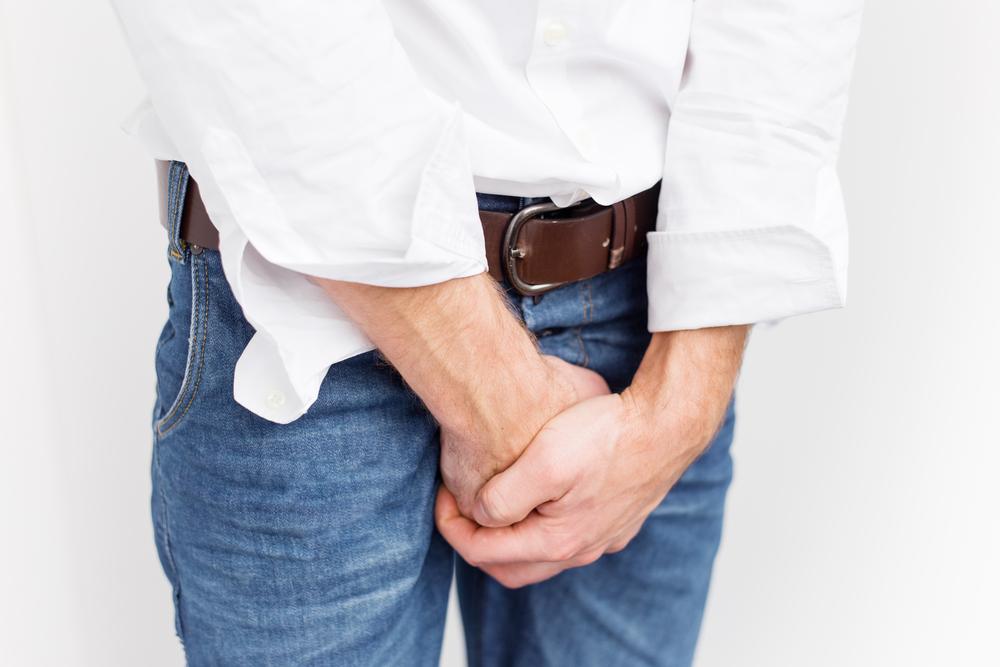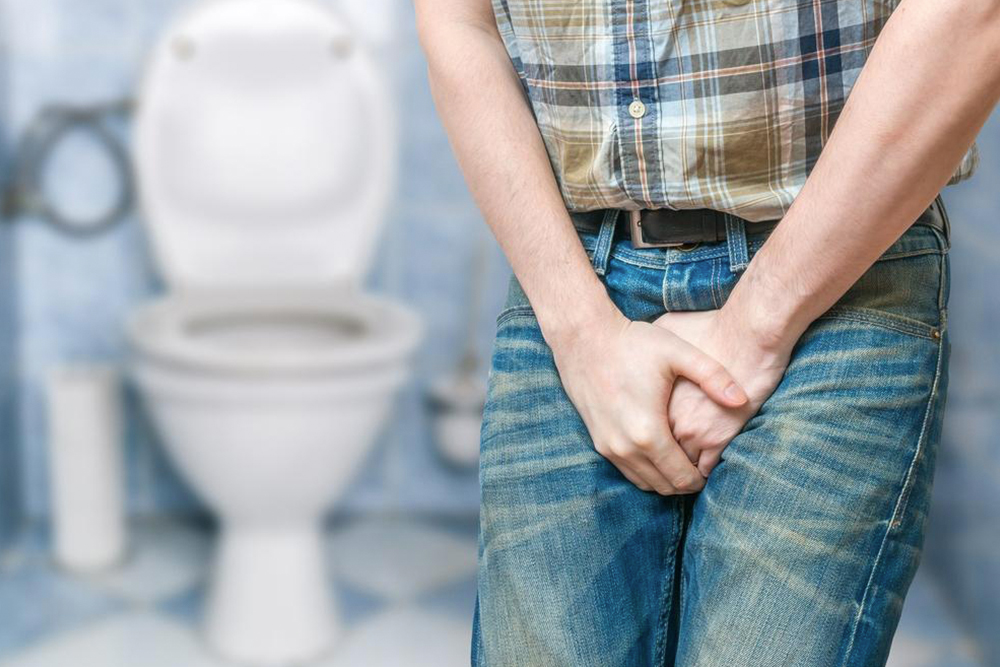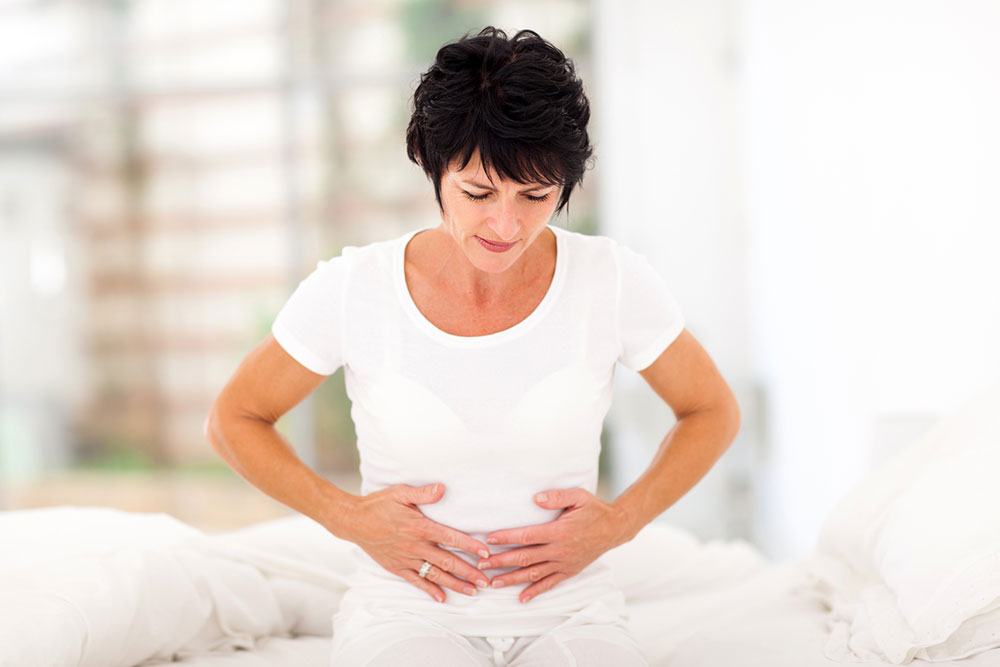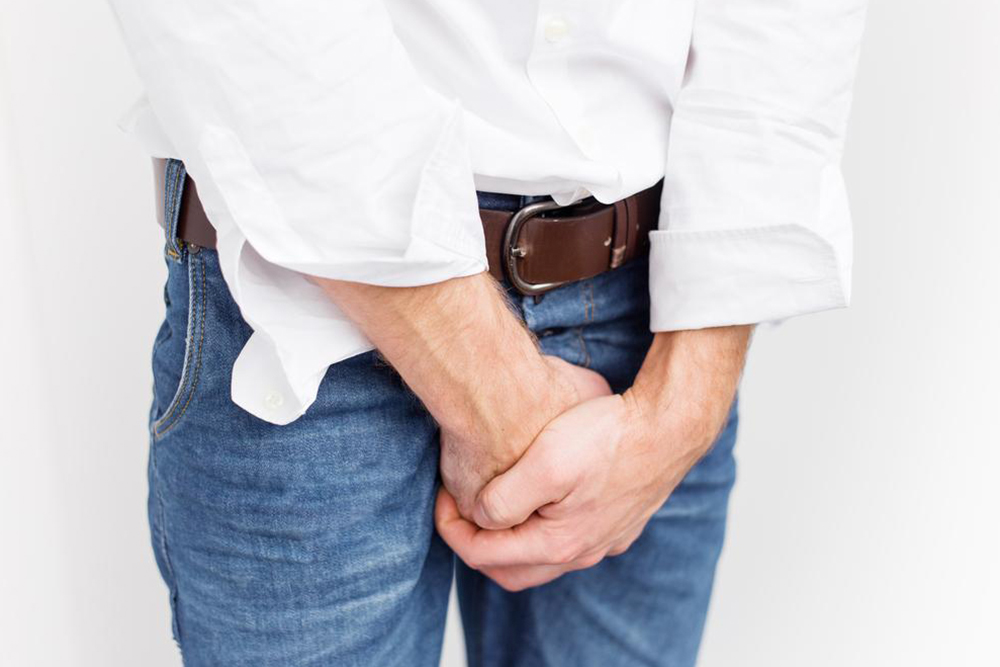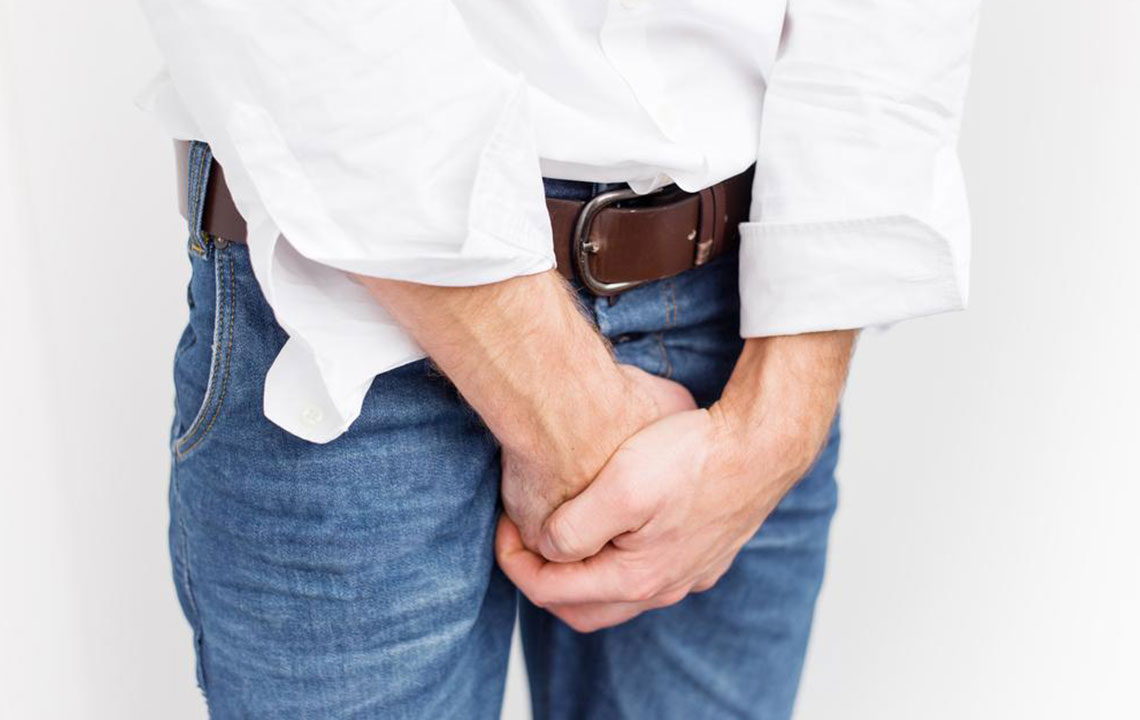Top 11 Foods That Can Worsen Urinary Incontinence in Women
This article highlights 11 foods that can exacerbate urinary incontinence in women. By understanding which dietary choices worsen symptoms, women can make informed decisions to manage bladder health better. The guide emphasizes avoiding caffeine, alcohol, spicy foods, artificial sweeteners, and acidic fruits, among others, to reduce leakage episodes. Incorporating these insights into daily routines can help improve quality of life and support ongoing medical treatments. Always seek professional advice for personalized management of urinary incontinence.
Urinary leakage, commonly known as incontinence, occurs when the bladder loses control, leading to unexpected urine flow. Women are more frequently affected, with estimates suggesting that 75-80% of the 25 million people suffering from this condition are women. This higher susceptibility is partly due to their shorter urethra and the impact of hormonal changes during menstruation, pregnancy, and menopause. Managing diet and lifestyle plays a crucial role alongside medical treatment. Below are 11 foods that women with urinary incontinence should consider limiting or avoiding to help control symptoms.
Caffeine: Common beverages like coffee, tea, energy drinks, and even chocolate contain caffeine, acting as diuretics that promote urination. Caffeine increases bladder muscle excitability, intensifying urgency and leakage, especially as women age.
Alcohol: As a diuretic and muscle relaxant, alcohol can elevate bladder pressure and diminish control over urination signals. Older women, particularly over 50, are at higher risk of symptom escalation, and those with chronic conditions should avoid alcohol altogether to prevent complications such as infections.
Spicy Foods: Spices like chili, horseradish, and pungent peppers can irritate the bladder lining, causing pain and increasing urges to urinate. These foods may also lead to higher water intake, worsening incontinence symptoms.
Artificial Sweeteners: Substitutes like aspartame and saccharin found in candies, baked goods, and sodas can hyperactivate bladder muscles. They may also cause digestive issues that complicate bladder control and increase infection risk, so natural sweeteners are recommended.
Citrus Fruits: Acids in oranges, grapefruits, lemons, and tomatoes can irritate the bladder, particularly in women with chronic incontinence. Other acidic items like vinegar and soy sauce may have similar effects.
Dairy Products: Lactose intolerance or sensitivities can lead to increased bladder leaks. Dairy items like milk, cheese, and cream may exacerbate symptoms due to components like whey and casein, which can cause bowel disturbances affecting bladder control.
Cranberry Juice: While known for urinary tract infection prevention, cranberry juice's acidity can worsen urinary leakage, and alternative UTI remedies are advisable.
Onions: Raw onions are acidic and may aggravate an overactive bladder. Cooking onions thoroughly or switching to red onions can help minimize symptoms.
Sleeping Pills and Antidepressants: These medications can contribute to nighttime incontinence and are best avoided in women already experiencing leakage, unless prescribed otherwise by a healthcare professional.
Blood Pressure Medications: Some medicines relax blood vessels but also increase urine production, potentially elevating incontinence. Consultation with a doctor can help find suitable alternatives.
Prunes: Although effective for constipation, prunes can put extra pressure on the bladder. It's better to opt for other high-fiber foods to manage bowel health without worsening incontinence.
Incorporating these dietary modifications alongside medical guidance can significantly improve quality of life for women managing urinary incontinence.


